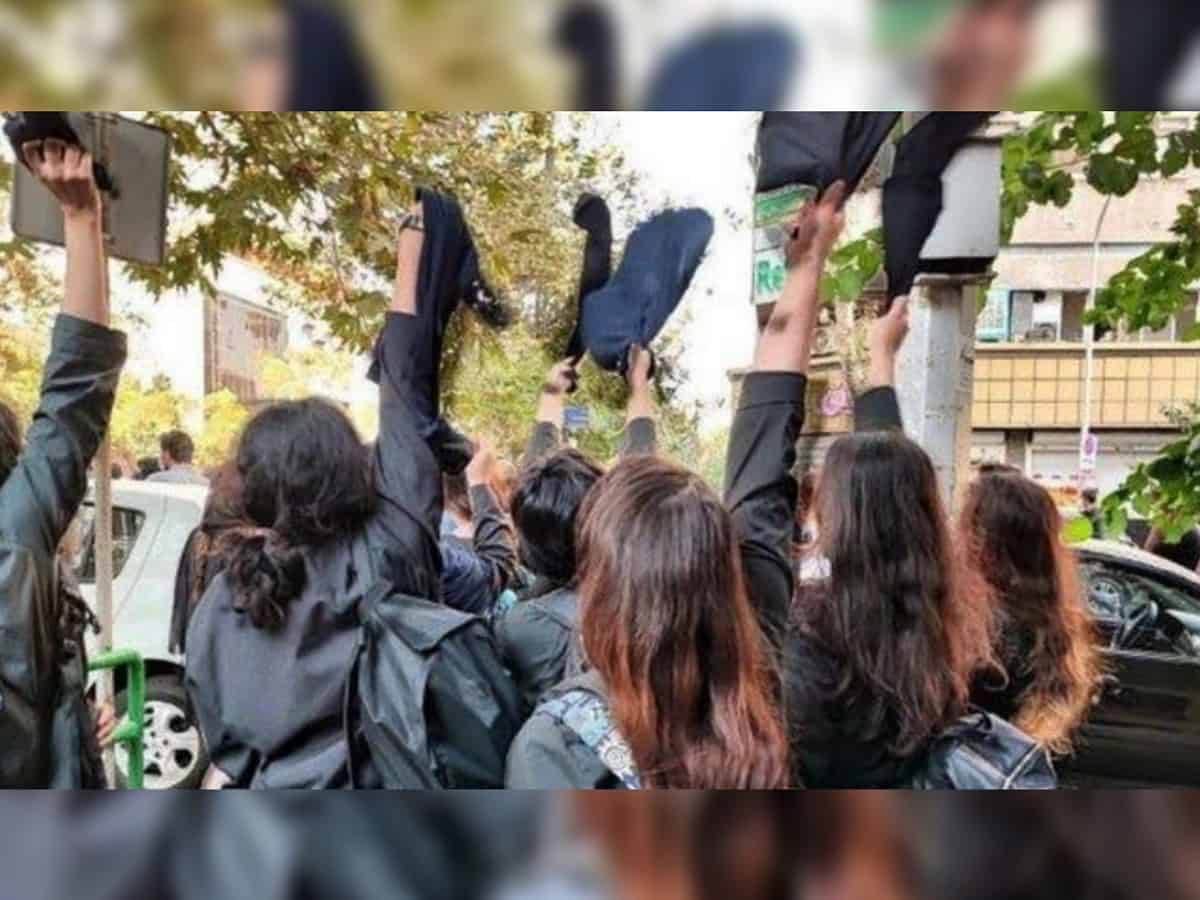
Iranian state-run al-Alam news channel and human rights activists on Sunday denied media reports claiming the abolition of the “morality police” in the country.
On Sunday, several news outlets reported that the Islamic Republic abolished its morality police tasked with enforcing the country’s strict dress code.
The reports quoted remarks made by Iran’s attorney general, Mohammad Jaafar Montazeri, at a religious conference on Saturday.
Iran’s Attorney General Mohammad Jafar Montazeri, when asked about why the country’s “morality police,” or Gasht-e Irshad, had become inactive, replied, “The morality police had nothing to do with the judiciary, and the same institution that established it has now shut it down the judiciary will continue to supervise social behaviours.”
An Iranian state-run Arabic language outlet Al Alam said on Sunday evening, “No official in the Islamic Republic of Iran has confirmed the closure of the Irshad Patrol.”
Al-Alam said that the most important thing drawn from Montazeri’s comments was that the morality police had nothing to do with the judiciary. “Some foreign media have tried to characterize the attorney general’s statement as the Islamic Republic’s withdrawal from its hijab (laws) and influenced by the recent riots,” it added.
Several Iranian activists and researchers have used the words “misleading”, “fake news” and “shame on you” in their social media posts, criticizing some major Western media outlets for their headlines claiming to abolish the morality police.
Iranian journalist and human rights activist Masih Alinejad took to Twitter and wrote, “It’s disinformation that the Islamic Republic of Iran has abolished its morality police. It’s a tactic to stop the uprising. Protesters are not facing guns and bullets to abolish morality police or forced hijab. They want to end the Islamic regime. #MahsaAmini.”
“This is the real news in Iran; Amusement centre in Tehran was closed yesterday after this photo of its employee without hijab went viral on social media. Tehran’s prosecution has opened a case against her. Morality police hasn’t been abolished. It was an absolute lie. #MahsaAmini,” Masih tweeted on Monday.
In another post, Masih on Tuesday wrote, “The false news spread by @nytimes claiming victory for the so-called abolition of the morality police hurts the ongoing revolution. I told @ABCNewsLive that when dictatorships like the Iranian regime are in trouble, they spread propaganda and obfuscation.”
“Reports that Khamenei’s regime has abolished the ‘morality police’ are fake news,” Kasra Aarabi, the Iran Program lead at the Tony Blair Institute for Global Change, wrote in a Twitter post Sunday. “This disinfo was propagated today to distract media attention from the 3 days of major protests in Iran which begin tomo. Why did mainstream media ignore this context?”
“There are so many news reports which will need to be corrected today about #Iran‘s morality police. Suspending operations doesn’t mean abolished; the attorney general does not oversee morality police and wouldn’t be the one making the announcement; hijab laws remain in effect,” Senior Middle East Analyst at Iran International, Jason M. Brodsky, tweeted.
Iran’s protest movement on Monday launched a concerted effort to stage three days of strikes, with thousands of businesses reported to have closed in several parts of the country.
Footage posted on social media shows rows of shuttered stores. Teachers, factory workers and students are also staging strikes and sit-ins.
The death of a woman while in the custody of the device sparked a wave of protests across the country.
22-year-old Mahsa Amini collapsed and fell into a coma after she was arrested in Tehran on September 13, accused of breaking laws requiring women to cover their hair with a headscarf.
Protests, described by the authorities as “riots”, swept the country after Amini died in the hospital on September 16. While her death sparked the protests, there was a state of dissatisfaction with poverty, unemployment, economic disparities, lack of justice and corruption.



